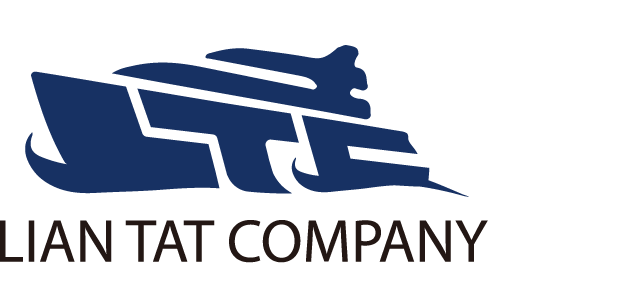Opening Ceremony of Mediterranean and Asia Marine Alliance
 Ocean is the asset of all human kinds in the world. Ocean resources bring enormous functions and benefits to human beings, and are the important assets for the living and development of generations of Taiwanese people.
Ocean is the asset of all human kinds in the world. Ocean resources bring enormous functions and benefits to human beings, and are the important assets for the living and development of generations of Taiwanese people.
Taiwan is surrounded by ocean. Being an Ocean Nation, ocean affairs has significant strategic implications. The recent confrontation of USA and China with intensive military exercises in the South China Sea has accelerated geopolitical wrestling to an unprecedented level, which further demonstrates the importance of ocean governance and national maritime rights. In April 2018, Taiwan government established“Ocean Affairs Council”, a ministry level agency; in November 2019, the “Ocean Basic Act” is passed and promulgated; and in June of this year (2020), the new edition of “National Ocean Policy White Paper” is issued and released. These consecutive actions strongly demonstrate the government’s emphasis on ocean policy and affairs, its proactive measures to encourage national people to focus on ocean related issues, and its determination to achieve the sustainable development of ocean.
Mediterranean is also an important geopolitical center in the world, and Israel is an important country in the Mediterranean area. Due to the complementary development of technology and economy, there are increasing interactions among Taiwan, Israel and Mediterranean area in recent years. Now it is the best time to connect resources across the regions through the dialogue of ocean.
Mediterranean and Asia Marine Alliance (abbreviated MAMA) is jointly established by Lian Tat Company (LTC) and Tunghai Industry Smart-Transformation Center (TISC), with deep cooperation from Israel strategic partners. This is the first platform initiated and established by private enterprise and organization in Taiwan to facilitate the cooperation and interaction of industry, government, and academic sectors in Taiwan and abroad. The Alliance is founded responding to government’s call and expectation for private sector to assist in promotion of marine related research and affairs, and to align with global ocean trends.
MAMA is composed of six areas of Ocean Policy, Smart Ocean, Ocean Biology, Ocean Resources, Ocean Industry and Ocean Culture. By chaining resources of each area, the Alliance is aimed to promoting ocean related research, providing policy advice, creating cooperation of industry and academia, fostering international exchange and cooperation, and upgrading Taiwan’s world visibility in participation of ocean affairs.
Time: September 23, 2020 (Wed) 2:00 pm
Place: B1 East Gate, Shangri-La’s Far Eastern Plaza Hotel
Address: 201 Tun Hwa S. Road, Sec. 2, Taipei
